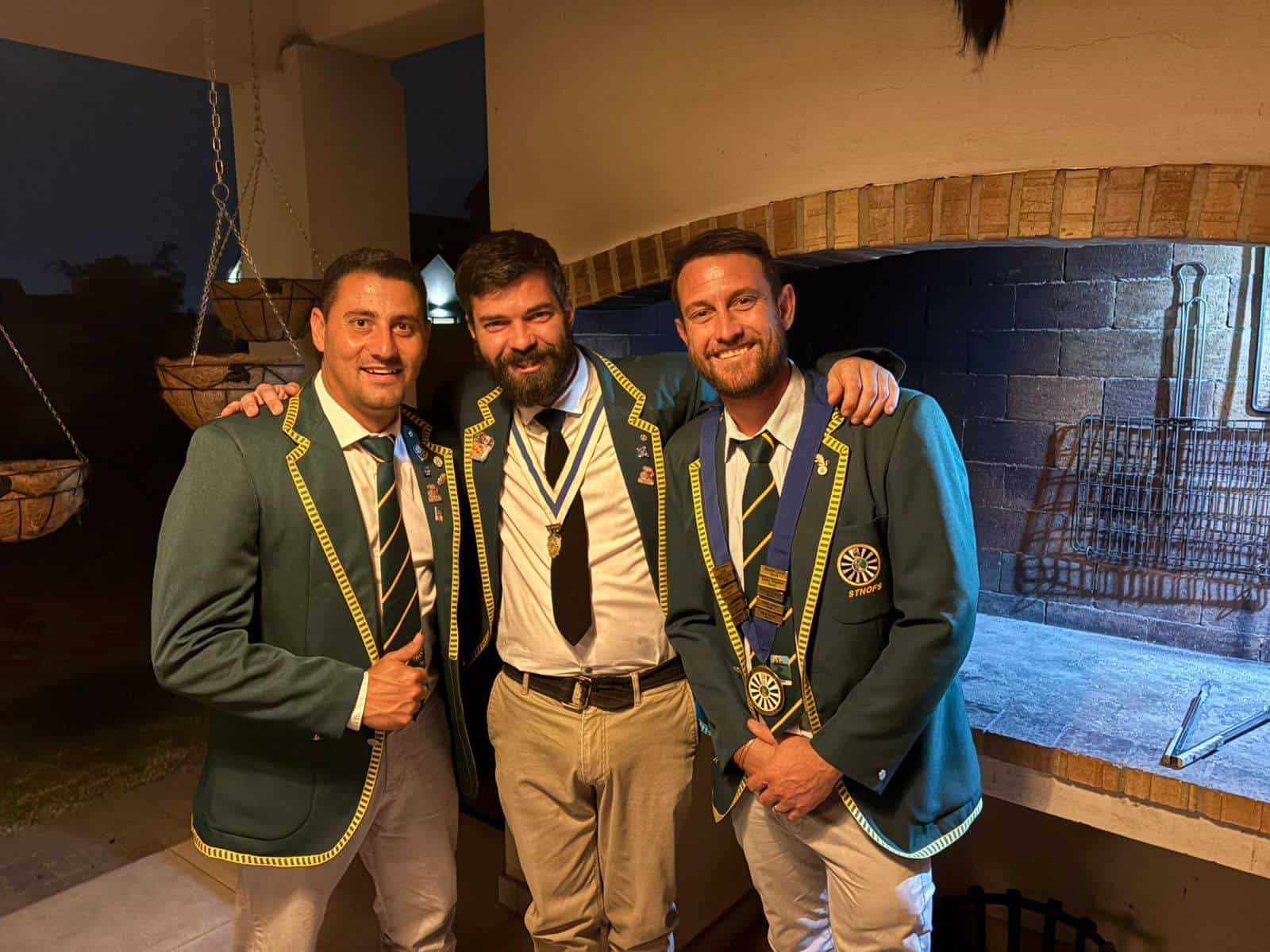A few years back, I had the honor to work with an organization in Hawaii. This client has been in existence for 150 years and is deeply rooted in the Hawaiian culture.
In order to get to know them and the culture, I wanted to get a deeper understanding of what doing meaningful business in Hawaii might mean.
During my research, I connected with a relative of a friend on the island. He shared a particularly fascinating word and powerful practice in the traditional Hawaiian culture called mana’o.
In Hawaiian, the word mana’o means to think deeply, to concentrate, to reflect, to gain insight. Beyond the meaning of the word, there is a practice that is activated when a group of people is coming together to make decisions. This practice is applied where groups ask for each other’s mana’o.
Mana’o in practice essentially means to stop, listen, and learn before providing solutions or coming to conclusions. In Hawaii, you see this practiced in public meetings, in corporate settings, in schools, in families, and in communities. The practice is a tool for listening to learn to create empathetic understanding through all perspectives. The outcomes of this process develop a clearer understanding from the smallest to the largest voices.
One of the ways my Hawaiian tutor unfolded this idea was using the quote attributed to Teddy Roosevelt: “people don’t care about how much you know until they know how much you care.”
When we pause to ask, care, inquire, be curious, and listen, we learn. You can’t hate someone whose story you know. Conversely, it’s hard to be hated when others know your story.
When we pause long enough to share and listen to others’ stories, we build human-to-human bridges. In doing so, we break down the walls of binary this or that seeing or us versus them thinking.
Questions To Gather Mana’o
With all of the above in mind, here are some questions that foster empathy and story-learning:
What are three things that I should know about the most authentic you?
What makes an experience or interaction meaningful?
What about you most comforts others?
What types of questions make you most uncomfortable?
When does your curiosity create connections or understanding?
When does your curiosity create difficulty?
Who has challenged you to be better than you once were?
What role can silence play in a conversation?
What should people better understand about you?
When are you most observant?
Where do you feel most present?
It’s part of the leaders’ role to minimize our sense of separation and build great cultures that work together in lock-step. The foundation to unifying a team is done by creating shared values and understanding.
Since working with this organization in Hawaii, I’ve tapped into the powerful tool of gathering mana’o in much of my work. I’ve seen it transform organizations, teams, and individuals. It also happens to be one of the antidotes for teams who lack engagement. I suspect it will help you and your team, too.
“Self-absorption, in all its forms kills empathy, let alone compassion. When we focus on ourselves, our world contracts as our problems and preoccupations loom large. But when we focus on others, our world expands. Our own problems drift to the periphery of the mind and so seem smaller, and we increase our capacity for connection – or compassionate action.”
― Daniel Goleman, Social Intelligence: The New Science of Human Relationships
* This article was originally published here

No comments:
Post a Comment